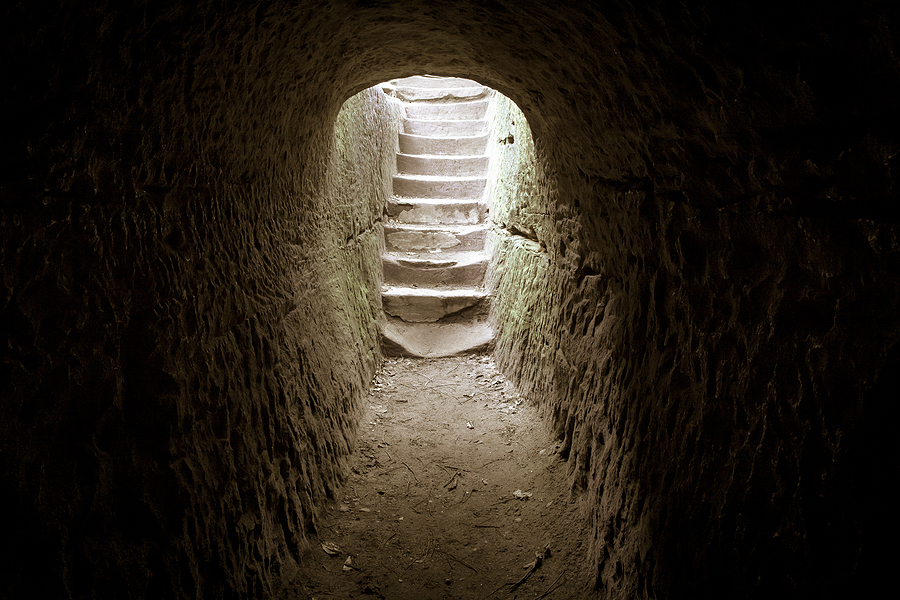
The True Light Illuminating Death: Jesus
On June 19th of this year, Pope Francis celebrated Blaise Pascal’s 400th birthday with an Apostolic letter that I found riveting. One that recalled memories from my undergraduate college days, memories that illuminate God’s direction and love during the years I bought into the lies of atheism. But even better, the letter teaches, challenges and inspires. First the recollections.
Remember Pascal’s Pensees? The book containing fragments of thoughts (Pensees) from Blaise Pascal? Pascal died before he had the chance to organize the celestial sound-bytes–that’s how they felt to me– into essays. A very good thing, declares Peter Kreeft in his talk on Pascal, the Most Potent Apologist of our Time.
Here are a couple to jolt your memory:
“The heart has its reasons of which reason knows nothing.”
“All human evil comes from a single cause, man’s inability to sit still in a room.”
Pascal’s book, like Aurelius’ Meditations were well-used and dog-eared during my early ‘lost” years. I was first introduced to Pascal by a remarkable teacher named John Bradshaw who taught a course he called “Humanities.,” at a small Dominican college in Houston, Texas where I worked on my undergraduate degree. Shortly before his ordination as a Catholic priest, he’d left the seminary, the Catholic faith and was kind of a mess. But my internal chaos precluded my seeing anything but Bradshaw’s wisdom. For each of the two-hour classes, he’d toss out snippets of philosophy and wisdom. Like, “If you want to be happy then act as if you’re happy!”
Yes!!
On the fourth century of the birth of Blaise Pascal.
The Pope’s apostolic letter begins: THE GRANDEUR AND MISERY OF MAN–this, writes Pope Francis was the single theme of Blaise Pascal’s brief but but brilliant life. The letter reads like a love letter as Pope Francis explains Pascal’s untrammeled genius. In his teens, Pascal invented a type of computer and his brilliance in mathematics led to his famous wager: It’s better–“even in mere mathematics–to bet on the existence of an infinite God than not.
Always, writes Pope Francis, Pascal was a man “marked by a fundamental awe and openness to reality.” His ‘five penny coaches’ were the first public transportation system and he invented the first vacuum cleaner. A contemporary of Renee Descartes, their philosophies couldn’t be more divergent. While Descartes saw science as the end goal, Pascal viewed it as the means by which we understand the finiteness of everything but God. Our love of noise, distraction, inability to sit still in a room emanate from our understanding of our innate grandeur and misery. Pope Francis quotes Pascal’s “great argument.”
On the Fourth Centenary of the Birth of Blaise Pascal
“What is it, then, that this longing and this feeling of helplessness cry out to us, if not that man once enjoyed a true happiness, of which there now remains but an empty trace that he tries in vain to fill with everything around him, seeking in things he lacks what he cannot obtain from those he has. Yet none of these can provide it, for this infinite abyss cannot be bridged except by an infinite and immutable object, which is God himself”. [32] If man is like “a dispossessed king”, [33] seeking only to recover his lost grandeur while knowing that he is incapable of doing so, then what is he? “What a fantastic creature is man, a novelty, a monstrosity, chaotic, contradictory, prodigious, judge of all things, feeble earthworm, bearer of truth, mire of uncertainty and error, glory and refuse of the universe! Who can undo this tangle?
Those beguiling words cannot help to invoke thoughts of our origin: Echoes of Eden.
I’ve selected only a couple of points from Pope Francis’ thoughtful reflection on Pascal. Hence this apostolic letter warrants a careful read.
Pascal’s cosmology
In a recent piece, Pascal’s Fire, Robert Royal takes Pascal’s wager and amplifies the brilliance of the sixteenth-century scientist. With mathematics as accessible to him as were words, Pascal reasoned that even the universe of the new Galilean science–the universe was still finite.
We know, Royal writes, that God is infinite: God is not an object in the world but is immeasurably beyond the world. “Spiritually speaking, that means we cannot go to God on our own steam. In mathematics, if you move 1, or 1000, or 1,000,000 miles closer to an infinitely distant point, it’s still infinitely distant. We may turn our minds and hearts to God and find Him, of course. But that’s because He crosses the infinite distance between Himself and us. He alone has the infinite power needed to do so.
An abstract view, you may say. Until you realize that this might be a mathematical way of suggesting why Jesus needed to come to us. We couldn’t go to Him; He made the crucial move first.”
Only when Pascal died were the words of what must have been an explosive, transformational experience revealed.
FIRE.
GOD of Abraham, GOD of Isaac, GOD of Jacob
not of the philosophers and of the learned.
Certitude. Certitude. Feeling. Joy. Peace.
GOD of Jesus Christ.
My God and your God.
Your GOD will be my God.
Forgetfulness of the world and of everything, except GOD.
He is only found by the ways taught in the Gospel.
Grandeur of the human soul.
Righteous Father, the world has not known you, but I have known you.
Joy, joy, joy, tears of joy.
I have departed from him:
They have forsaken me, the fount of living water.
My God, will you leave me?
Let me not be separated from him forever.
This is eternal life, that they know you, the one true God, and the one that you sent, Jesus Christ.
Read More
Pascal knew there are
those of us too lazy, stubborn and/or too married to sin to take the Gospel seriously. But he never stopped working his manifold gifts of intellect, writing and reasoning to persuade others about the critical importance of our immortality. Four-hundred-years ago, men and women were the same. Working assiduously to keep ourselves from thinking about the reality of death through keeping busy and making use of distraction.
It is impossible to believe, Pascal wrote, “unless God inclines the heart.” The true light illuminating death: Jesus.
“The immortality of the soul is so important to us, something that touches us so deeply, that we need to have lost all feeling to be unconcerned with knowing what is at stake… And that is why, among those who are not convinced about this, I would distinguish clearly between those who make every effort to investigate it, and those who go about their lives without being concerned about it or thinking of it”. [67] We know very well that often we attempt to flee death, or to overcome it, thinking that we can “banish the thought of our finite existence” or “remove its power and dispel fear. But Christian faith is not a way of exorcizing the fear of death; rather, it helps us to face death. Sooner or later, we will all pass through that door… The true light that illumines the mystery of death comes from the resurrection of Christ”. [68] Only God’s grace enables the human heart to know God and to live a life of charity.
Indeed, we will all pass through that door; may the grace of God enable us to attract unbelievers–making use even of our faults and weaknesses.
The Fire of the God of Abraham, of Isaac and of Jacob.




